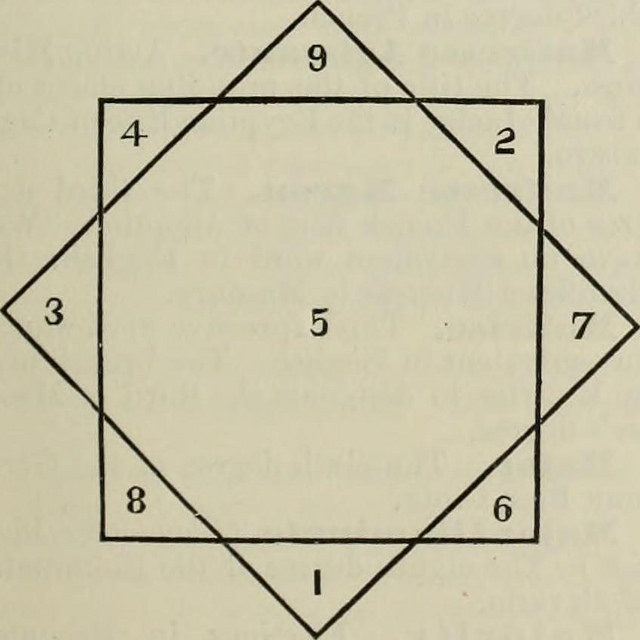Taking Numerical Aptitude Tests
Tips to Get Better Scores
An Overview
Are you going to take numerical aptitude tests?
You may be good at maths. However, if you're like you would be sweating at the idea of taking numerical aptitude tests. Unfortunately, they can’t be avoided. Almost all colleges and all companies administer some form of general aptitude test to prospective students and employees, respectively. And alongside language aptitude, numerical aptitude is the most tested. If it’s been awhile since you studied your simple and complex math concepts, then you’re probably already shaking in your boots.
But there’s no need to worry. In general, aptitude tests are designed so that every person is given fair opportunity to get a high score --- it will not ask you particular out-of-this-world questions. Some review is necessary, just to be able to understand the issues correctly, but in general, the problems are straightforward, and the manual computation required minimal. Just be in the right presence of mind and you should be alright.
What to Study?
What basic concepts should you study?
Well, it goes with saying that you must be versed in the basic arithmetic: addition, subtraction, multiplication, and division. After that, you have decimals, fractions, ratio and percentages, perimeters and areas, algebraic equations and necessary data interpretation (e.g., the analysis of graphs and charts).
You must also practice on numerical reasoning: the use of logic on numbers. Questions that would fall under mathematical rationale include number sequences. You have to be able to guess which number falls next in a series by identifying what pattern the sequence is using. The pattern can be anything: they are all square roots, all prime numbers, all multiples of 10, etc. The key is in familiarizing yourself with all patterns possible.
Here is a sample numerical reasoning question:
Which number comes next in this sequence: 5 25 625 X ?
If you analyze the question, you will see that the pattern is that the number on the right is always the result of the previous number multiplied by itself. It’s 5 x 5 = 25, and 25 x 25 = 625. By logical extension, the next number should be the result of 625 x 625, which is 390,625.

How can you ensure that you get a good score on these tests?
Consider the following tips:
Master your multiplication and division table. Remember that numerical aptitude tests are timed pressured tests, so if you can automate your multiplication and division, you’d be saving significant time. The last thing you want is to waste time manually computing everything.
Manage your time. Still on time management: don’t linger too much on a question that has you stumped. Make an intelligent guess, marked the number, and come back to the question if you still have remaining time. All questions are equal in the sense that you get the point for each one, so finish the easier ones first. The only exception to this rule is if the test deducts wrong answers to the correct one.
Review math concepts. You must know basic formulas and concepts like the back of your hand. This is especially advisable when it’s been awhile since you’ve been in school. If you’re job-hunting mid-career, numerical aptitude tests might take you back ‘cause the last time you heard about ratio and proportion was a decade ago! Get all high school and college math reviewers and immerse yourself. Most of the information you probably already have stock knowledge but you just need a refresh.
Lastly, know what you can bring. Are you allowed a calculator? Pencil and scratch paper? Know what you are allowed to use during the test proper. It would be a shame to have to manually compute everything when a calculator can do the task faster and more accurately. Some test proctors readily allow calculators during numerical aptitude tests because they know the tool only assists in computations but not in problem analysis.
Should you Practice Numerical Aptitude Tests?
YES....!
Practice. Practice. Practice. (sorry for shouting!)
Most of the numerical aptitude tests just follow question formulas: the numbers are different, but the type of questions remains constant. So, make it a point to work on a sample numerical aptitude test. Better yet, per every item you practice on, imagine all the ways the same question can be re-packaged. You can learn how to approach a problem even if the form of the item is slightly unfamiliar.
Practice with Free Aptitude Tests
Share Your Thoughts!
We find value in differences between learning, interpreting and overall opinions. Please share your thoughts freely about this topic, but always remain respectful. You can preview and edit on the next page before your submission is sent in. You will also be informed about this site's privacy policies.
Thank you for your contribution.
Recent Articles
-
What type of test did I take
Apr 04, 22 04:09 AM
I was given a psychological test years ago, but wasn’t told what it was for. The rating used a bell curve and my score fell in the above average not yet -
ﹰﹰﹰﹰﹰﹰﹰGOOD
Aug 13, 21 03:20 PM
Since the enneagram test helps people to understand their strength and weaknessess. And helps them remove their weaknesses then the test is good -
Knowing the inner me
Aug 13, 21 03:17 PM
Sometimes I ask myself that is this my behaviour or not? Because I am really shy and I lack confidence, I find it hard to socialize with other people.I
